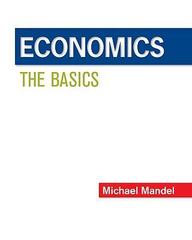Question
Consider the following extensive form game: A chain store operates in two markets, indexed by k=1,2. For each k=1,2, there is a potential entrant k
Consider the following extensive form game: A chain store operates in two markets, indexed by k=1,2. For each k=1,2, there is a potential entrant k who is deciding whether or not to enter in market k. The game proceeds as follows: First, entrant 1 decides whether or not to enter market 1. If they enter, the chain store decides whether to fight or acquiesce to entrant 1 in market 1. After this stage has played out, entrant 2 decides whether or not to enter in market 2, and the chain store again decides whether to fight or acquiesce to entrant 2.
Entrant k's profit is 0 if they do not enter, -1 if they enter and the chain store fights, and 1 if they enter and the chain store acquiesces. The chain store's payoff is the sum of their profits across both markets. In market k, the chain store's profit is 3 if entrant k does not enter, 0 if the entrant enters and the chain store fights, and 1 if the entrant enters and the chain store acquiesces.
Thus, the game consists of two repetitions of the entry game we studied in class.
Compute the subgame perfect Nash equilibria of this game. Is there an equilibrium in which the chain store fights the first entrant (if the enter) so as to deter the second entrant from coming in? Why or why not?
Step by Step Solution
There are 3 Steps involved in it
Step: 1

Get Instant Access to Expert-Tailored Solutions
See step-by-step solutions with expert insights and AI powered tools for academic success
Step: 2

Step: 3

Ace Your Homework with AI
Get the answers you need in no time with our AI-driven, step-by-step assistance
Get Started


